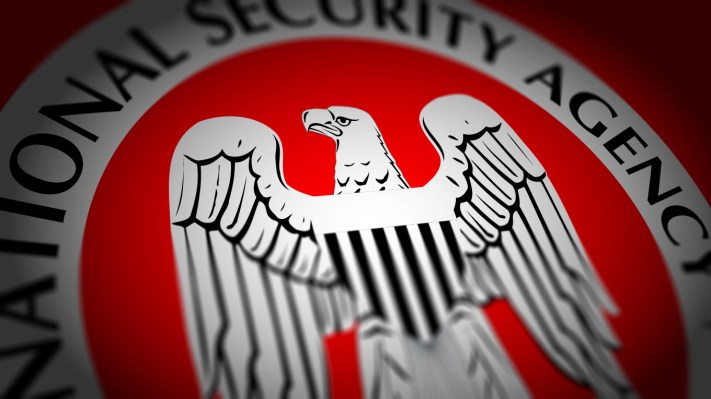The United States Senate could vote on the USA FREEDOM Act as soon as next week, pushing the surveillance reform bill ahead this year. That would buck prior conventional wisdom that the Act was not a legislative priority, likely ending up shelved until the next Congress. There is still some fight in this Congress after all.
Exiting Senate Majority Leader Senator Harry Reid filed a cloture motion last night, pressing the bill forward. Its passage of the required 60 vote threshold isn’t certain. There is an odd bipartisan tingle to the law, given a crossing of the lines between libertarian-minded Republicans, and hard-line Democrats that are known friends of our secret national agencies.
The USA FREEDOM Act, in its Senate form, has been lauded by privacy advocates and technology companies for proposing to end the government’s dragnet collection of Americans’ phone records, and curtailing other controversial practices. Some have argued that the bill fails to put fences around the intelligence community’s ability to use Section 702 of the Foreign Intelligence Surveillance Act to various ends, but most agree that the law is a positive initial effort.
The House passed a neutered version of the bill, so quickly forced through the lower chamber of Congress that it lost co-sponsors along the way. As far as reform goes, the House passed a literal strawman.
The Washington Post makes the point that the House might go along with the Senate bill to clear the decks for the New Year:
If passed, it may be voted on by the House and signed into law by year’s end, fulfilling one of President Obama’s major asks of Congress: that it adopt such legislation.
Passage would also clear the decks for incoming Senate Majority Leader Mitch McConnell (R-Ky.), who has an ambitious legislative agenda, including trade, taxes and building the long-delayed Keystone XL pipeline.
I’ve heard similar arguments.
I’m not sure what more reform will be musterable on the federal side once the new Congress is sworn in. Given that, passing the USA FREEDOM Act in the Senate could be something of a break-or-win moment. We’re still a long way from the president’s signature, but things are much more hopeful than previously anticipated.
Some in the tech industry were quick to line up in favor of passage. The Information Technology Industry Council called the bill “urgently needed,” noting that “surveillance revelations are having a corrosive impact on the public’s trust in our government.” The Internet Infrastructure Coalition said the bill “strikes the right balance between privacy and safety.”
Update: The Internet Association weighed in as well, saying that it is “pleased” with the vote that might “end [the] government’s bulk Internet metadata collection and increase transparency around government’s surveillance practices.”
The bill’s progenitor, Senator Patrick Leahy, has a decent dismount:
The American people are wondering whether Congress can get anything done. The answer is yes. Congress can and should take up and pass the bipartisan USA FREEDOM Act, without delay.
We’ll see.
